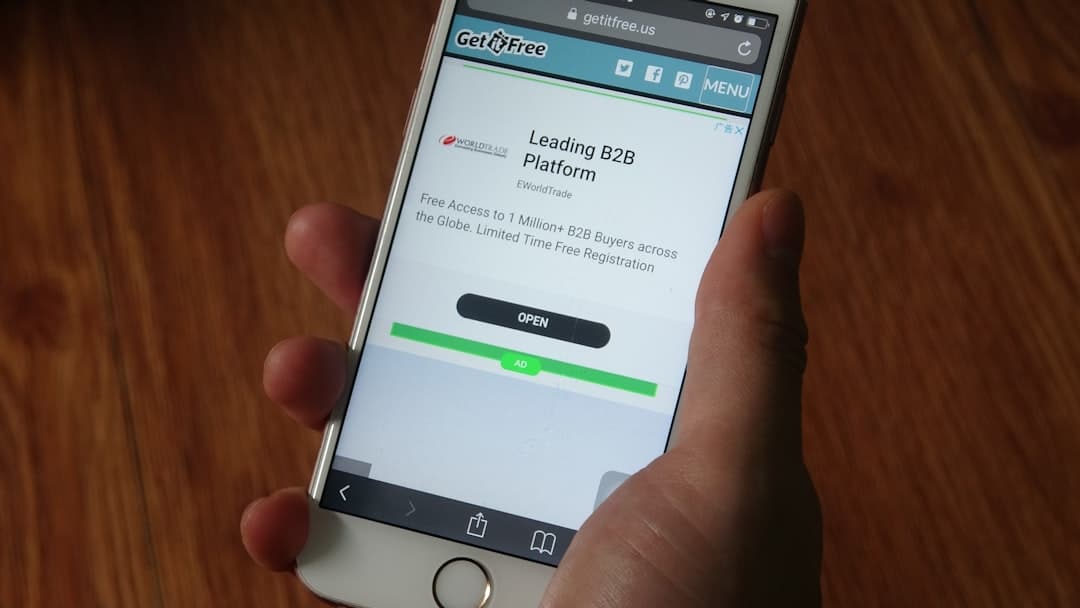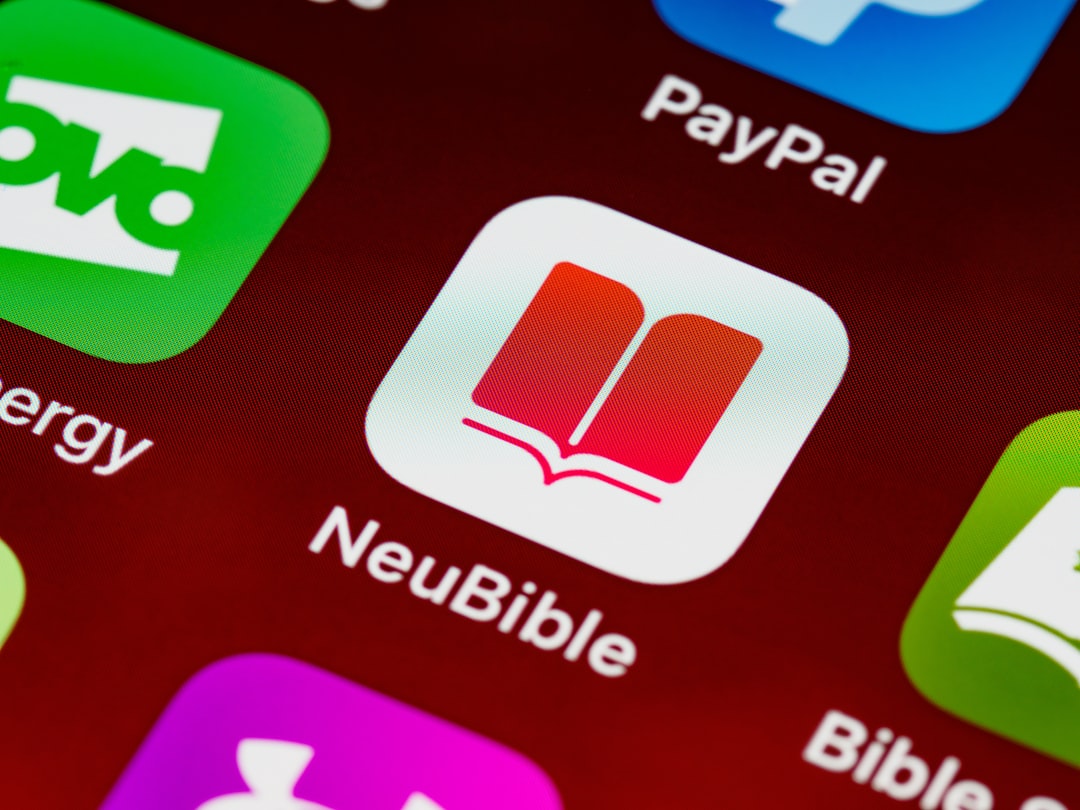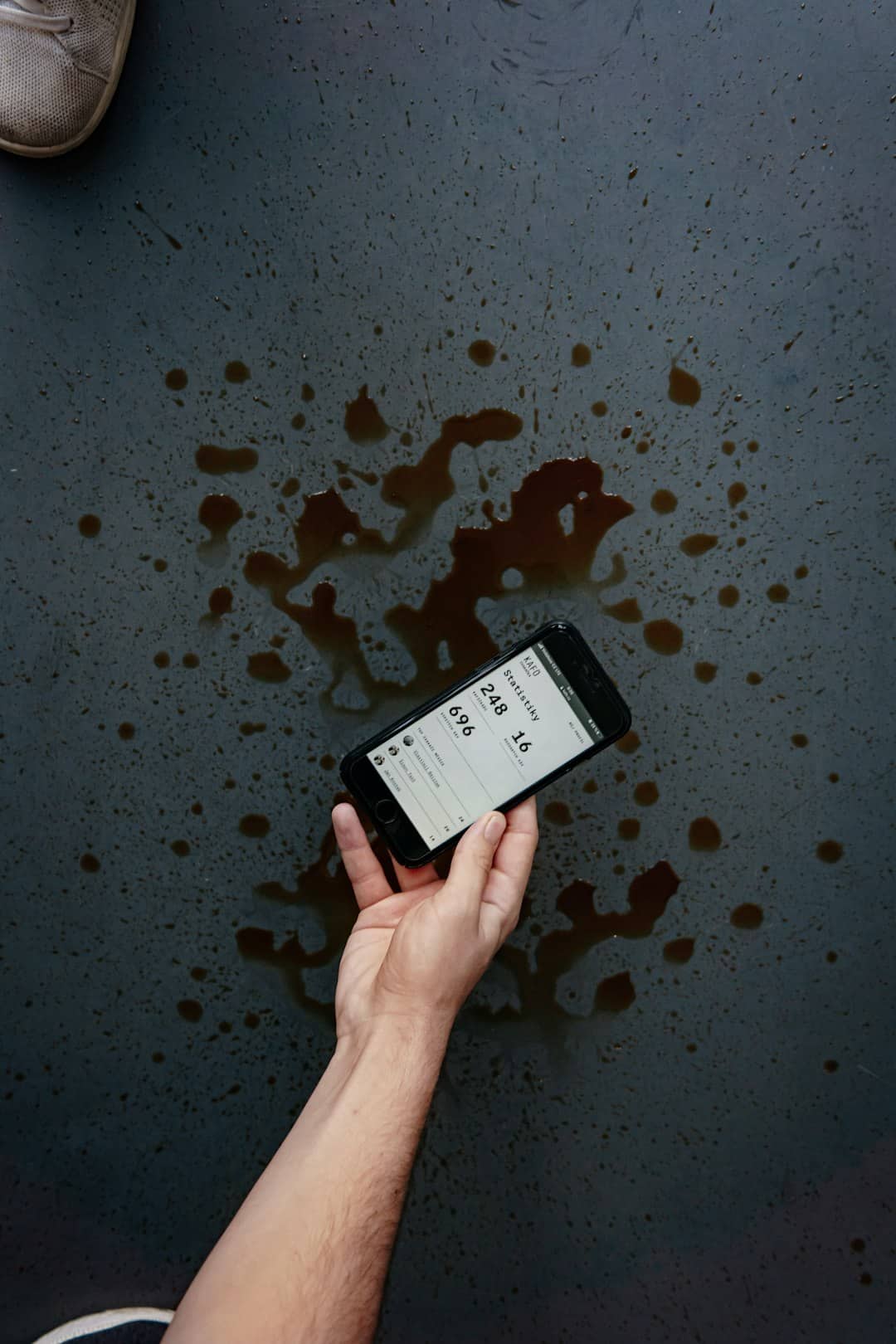In an age of rapid technological advancement, staying current often feels like a necessity—especially when it comes to smartphones. However, even as tech companies like Apple continue releasing newer, faster, and sleeker models, many users in 2025 still rely on their older iPhone devices for daily tasks. Whether it’s a beloved iPhone 7, iPhone X, or the widely appreciated iPhone SE (2020), legacy iPhones remain operational and useful with the right adjustments and expectations.
Contents
Understanding the Lifespan of an iPhone
An iPhone’s relevance isn’t just tied to hardware performance—software support plays an equally critical role. Apple is known for its long-term iOS updates, often supporting devices for five to six years. However, even after official support ends, older iPhones don’t instantly become obsolete. They still pack solid hardware, dependable apps, and core functionality that’s perfect for many users.
According to market research, millions of iPhones sold between 2016 and 2020 are still in active use. Many users either repurpose them or continue using them cautiously with an eye on digital well-being, cost-efficiency, and sustainability.
Why People Stick with Older iPhones in 2025
- Environmental Concerns: As more consumers become environmentally conscious, keeping a functioning device in use helps reduce electronic waste.
- Cost Savings: Brand new flagships can cost upwards of $1000. Holding onto a working legacy device can delay or altogether negate the need for such an expense.
- Privacy & Simplicity: Older iPhones, by nature of being slower to adopt cloud integration or AI-based enhancements, often appeal to people interested in digital minimalism.

Strategies for Keeping Legacy iPhones Functional
While older iPhones might lack the latest camera tech or blazing-fast chips, they can still serve a multitude of purposes. Here are ways users can maximize utility from legacy iPhones in 2025:
1. Software Optimization
Optimization is key. Disabling background app refresh, reducing motion effects, and offloading rarely-used apps can lead to significant performance improvements. Users can also switch to lighter applications like web versions of services or choose apps designed for low-resource scenarios.
2. Battery Maintenance
Battery degradation is often the biggest issue with older devices. Apple offers battery health checks via iOS settings. Inexpensive battery replacements—either through Apple or third-party repair centers—can extend a device’s usefulness by years.
3. Use as a Secondary or Dedicated Device
- Smart Home Controller: An old iPhone can serve as a central smart home hub using HomeKit or other platforms.
- Security Monitor: With appropriate apps, it can become a baby monitor or remote camera viewer.
- Music Player: It can live in a car as a dedicated Spotify or Apple Music device.
4. Install Legacy-Friendly Apps
Many developers continue offering “lite” versions of their apps for older iOS versions. Even if a newer app version won’t install, users can often download an older compatible version via the App Store, granted they’ve previously downloaded the app under their Apple ID.

Security and Connectivity Tips in 2025
Staying safe on an older device is still possible, even without the latest iOS security patches. Here’s how:
- Use Secure Browsers: Install browsers like Firefox Focus or Brave that provide built-in privacy tools.
- Use VPNs: A VPN app can mitigate some security vulnerabilities by encrypting data in transit.
- Limit Sensitive Data: Avoid using old devices for banking or storing personal credentials.
Creative Reuse Ideas
Some users give new life to legacy iPhones by repurposing them. Here are a few creative ideas:
- Child’s First Device: Restrict apps and internet access to make an old iPhone safe for children.
- Dedicated E-reader: Apps like Kindle and Apple Books function smoothly on many older devices.
- Portable Gaming Device: Classic iOS titles and nostalgic games run perfectly on previous-generation iPhones.
When It’s Time to Finally Upgrade
No tech lasts forever. If your device crashes frequently, has connectivity issues, or can’t install essential apps even after attempting workarounds, an upgrade may be unavoidable. But by maximizing its lifespan first, users contribute less e-waste and extract every ounce of value.
Apple’s Role in Supporting Older Devices
Apple has taken steps toward sustainability by improving device longevity. With battery replacement programs, longer iOS support cycles, and refurbished sales, the company seems committed to fostering a circular device ecosystem. However, future improvements such as modularity and increased transparency about long-term support will help even more.
Conclusion
Legacy iPhones in 2025 are far from useless—they’re just different. With thoughtful optimization, security awareness, and a dash of creativity, these devices can remain valuable tools in a modern user’s tech arsenal. Not everyone needs the newest iPhone, and for millions, their older device is “just right.”
Frequently Asked Questions (FAQ)
-
Q: Can my iPhone 7 still run apps in 2025?
A: Yes, many apps still offer support for older iOS versions. Though some newer apps may not install, legacy-compatible versions are often available. -
Q: Is it secure to use an old iPhone no longer receiving iOS updates?
A: It can be, if used with care. Limit sensitive usage, use VPNs and secure browsers, and monitor app permissions. -
Q: What’s the cheapest way to upgrade the performance of my old iPhone?
A: Replacing the battery and optimizing settings (like disabling background activity) can offer noticeable improvements. -
Q: How can I reuse my iPhone if I no longer want it as my main phone?
A: Use it as a music player, smart home controller, or give it to a child with restrictions in place. -
Q: Will Apple ever stop allowing older apps to be downloaded?
A: While Apple currently supports downloading previous app versions, there’s no guarantee this will continue indefinitely.

